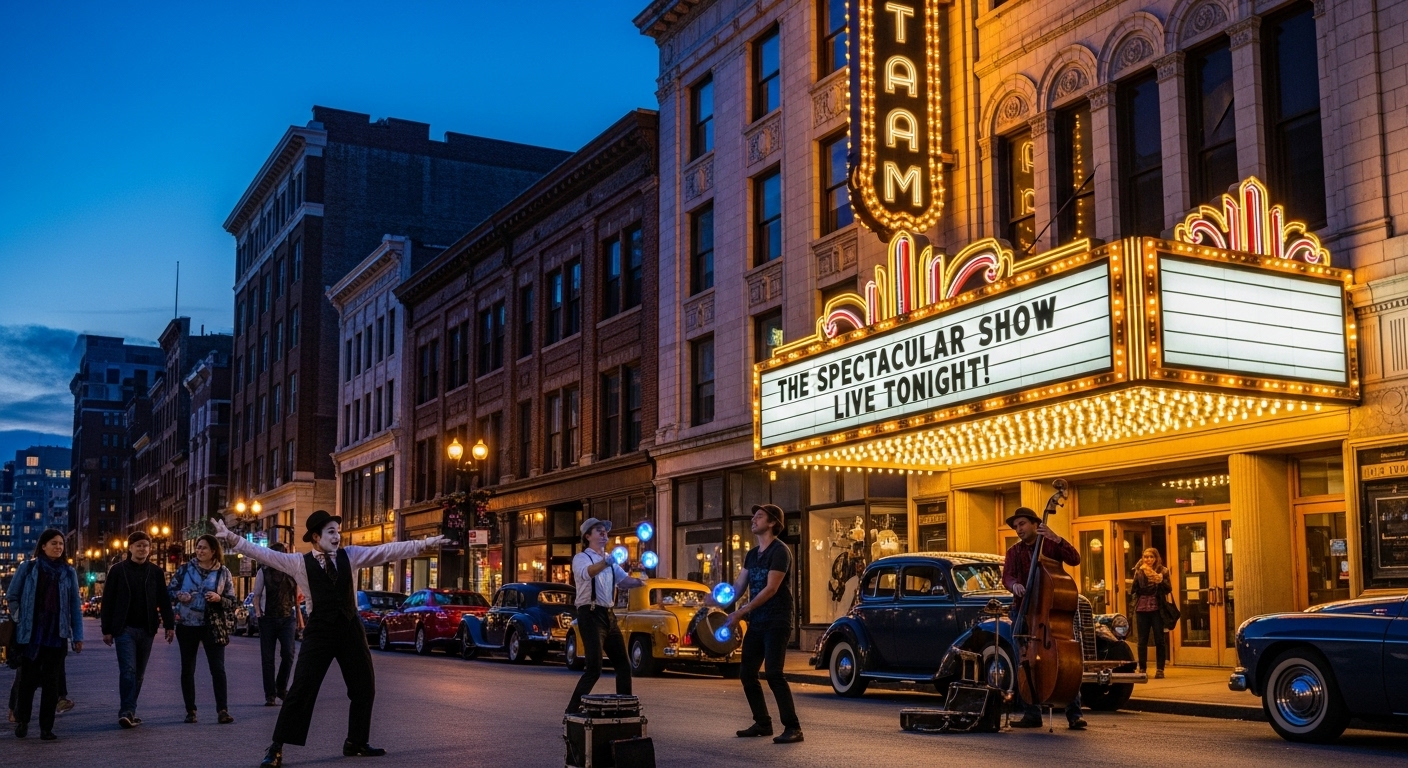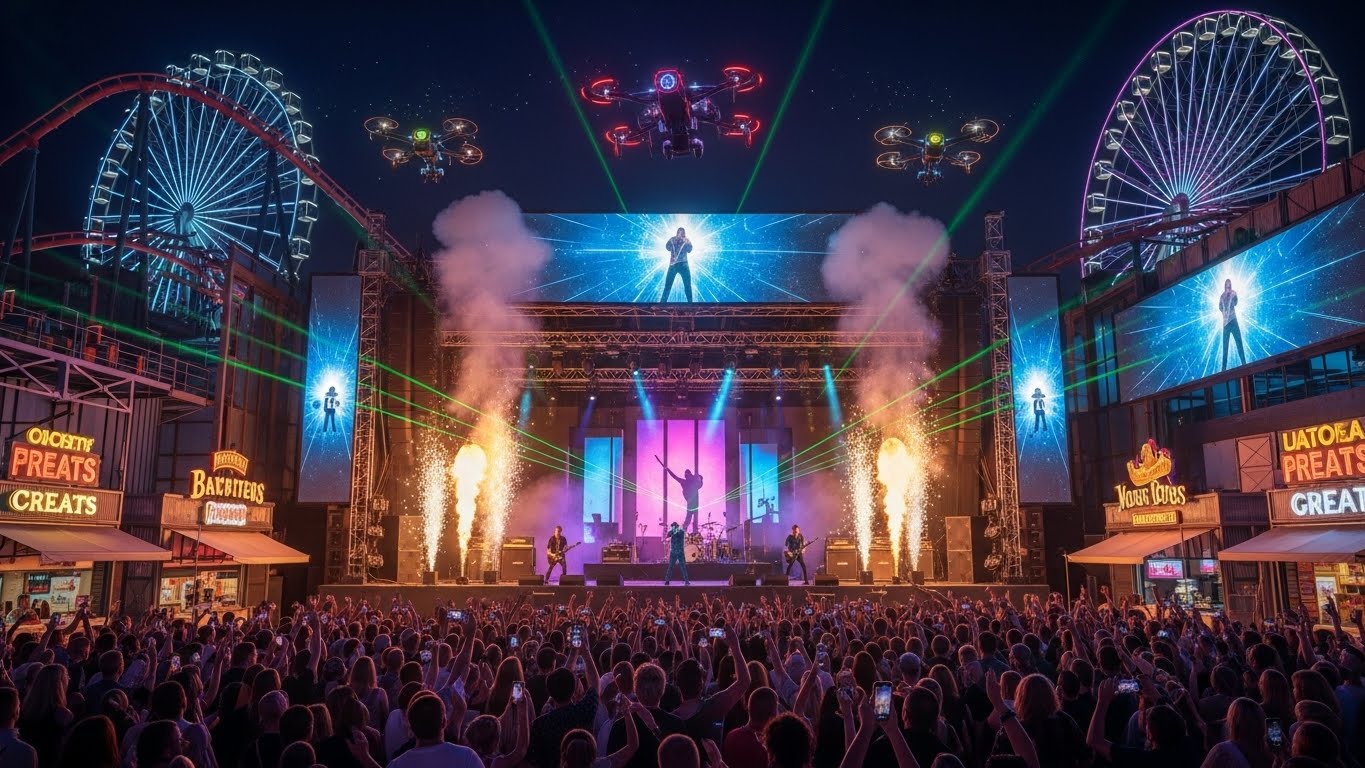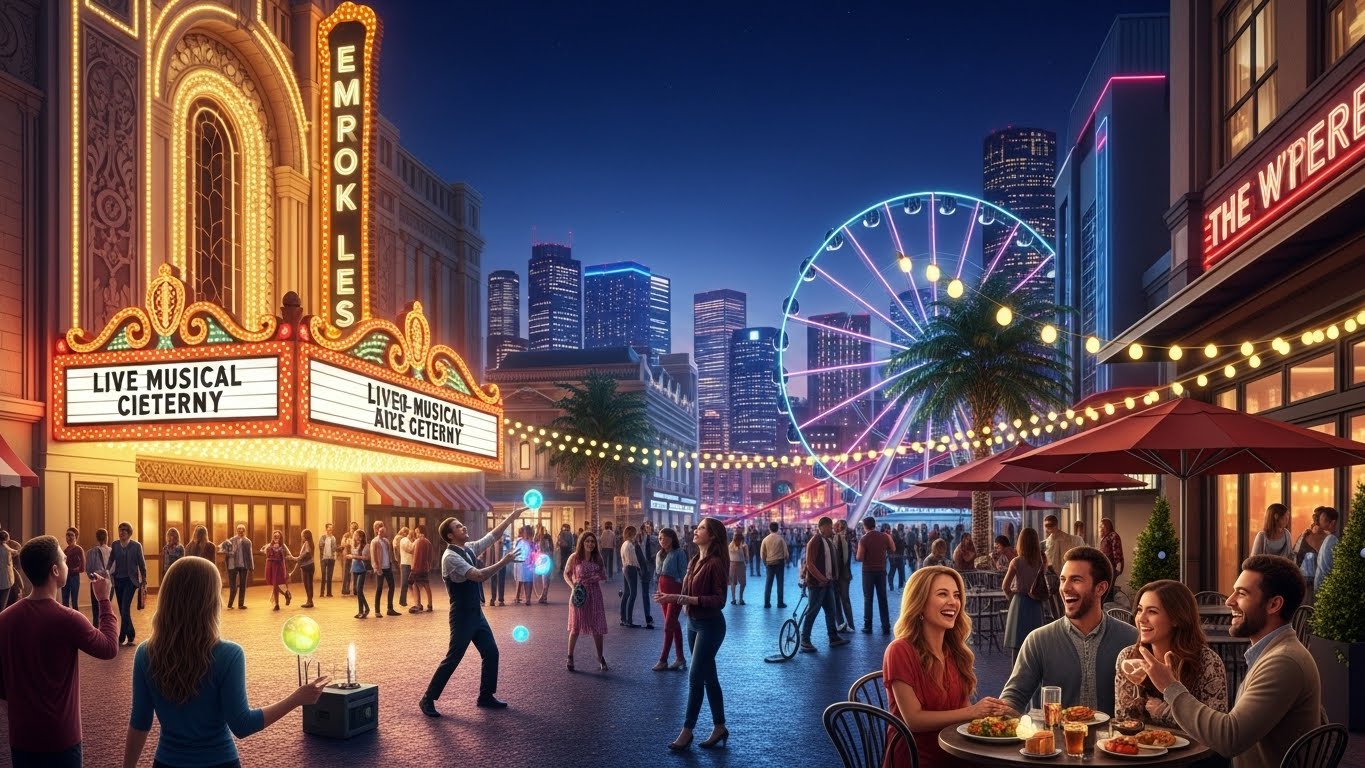Introduction
Entertainment is an essential part of human life, shaping culture, emotions, and experiences. It serves as a source of joy, relaxation, and inspiration while offering a way to connect with others. From traditional arts to modern digital platforms, entertainment has evolved to cater to diverse tastes and bring people together in meaningful ways.
The History of Entertainment
Entertainment has been a cornerstone of human society for centuries. Ancient civilizations relied on storytelling, music, dance, and theater to educate, celebrate, and preserve culture. Over time, technological advancements gave rise to new mediums such as cinema, radio, and television, transforming how stories are told and experienced. Each evolution of entertainment expanded its reach and influence across communities.
The Role of Movies and Television
Movies and television have become central to modern entertainment. Films transport audiences to imaginative worlds, evoke deep emotions, and inspire creativity. Television, with its variety of shows, reality programs, and documentaries, offers both education and amusement. These mediums have not only entertained millions but also shaped societal norms and cultural trends.
The Influence of Music
Music is one of the most universal forms of entertainment. It connects people across generations and cultures, expressing emotions that words alone cannot convey. From classical compositions to contemporary hits, music has the power to inspire, heal, and energize. Live concerts and music festivals create shared experiences, reinforcing music’s role in human connection.
The Digital Revolution in Entertainment
The rise of digital platforms has transformed the entertainment landscape. Streaming services, social media, and online gaming allow audiences to consume content on demand and interact with creators directly. This shift has made entertainment more accessible and personalized, offering a wider variety of experiences for different interests and lifestyles.
Career Opportunities in Entertainment
The entertainment industry offers diverse career paths. Beyond performers and artists, professionals work as directors, writers, event managers, editors, and marketers. The growth of digital content has expanded opportunities for creators, influencers, and designers, making the field a hub for creativity and innovation.
Entertainment and Society
Entertainment is more than just leisure; it plays a vital role in society. It educates, raises awareness on important issues, and fosters cultural understanding. In times of stress or uncertainty, entertainment provides comfort and a sense of normalcy. It encourages dialogue, imagination, and emotional expression, strengthening community bonds.
Challenges in Modern Entertainment
Despite its growth, the entertainment industry faces challenges. Content saturation can overwhelm audiences, while piracy and copyright concerns affect creators’ earnings. Balancing engaging entertainment with meaningful storytelling remains a key challenge. The industry also works to promote diversity, inclusivity, and ethical practices for sustainable growth.
The Future of Entertainment
The future of entertainment is bright and full of innovation. Emerging technologies like virtual reality, augmented reality, and artificial intelligence will offer immersive experiences and new ways to engage audiences. As entertainment becomes increasingly interactive and accessible, it will continue to inspire, connect, and transform lives across the globe.
Conclusion
Entertainment is a reflection of human creativity, emotion, and connection. From traditional arts to modern digital experiences, it continues to evolve while enriching lives. As technology and imagination converge, the world of entertainment promises to be more immersive, inspiring, and influential than ever before.



